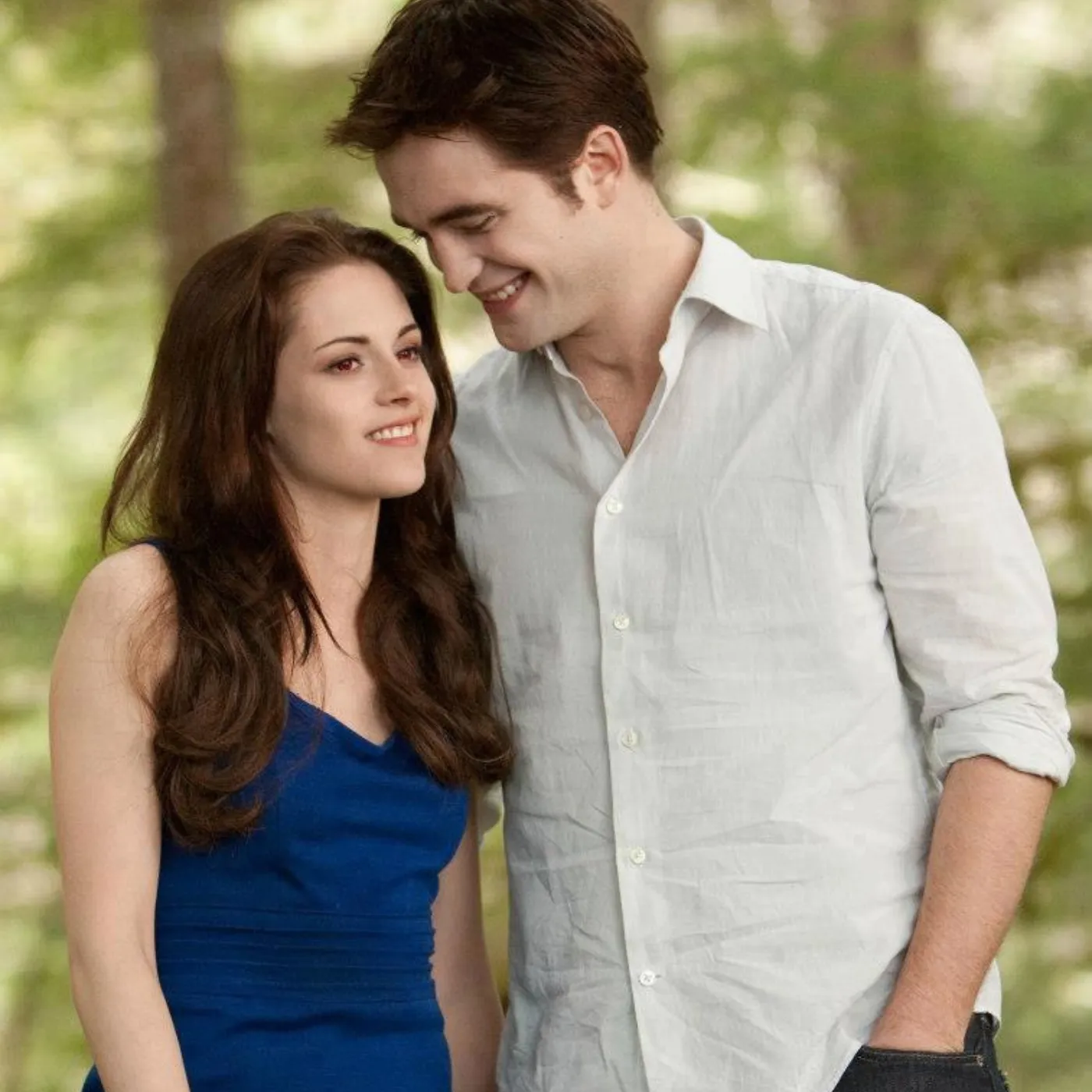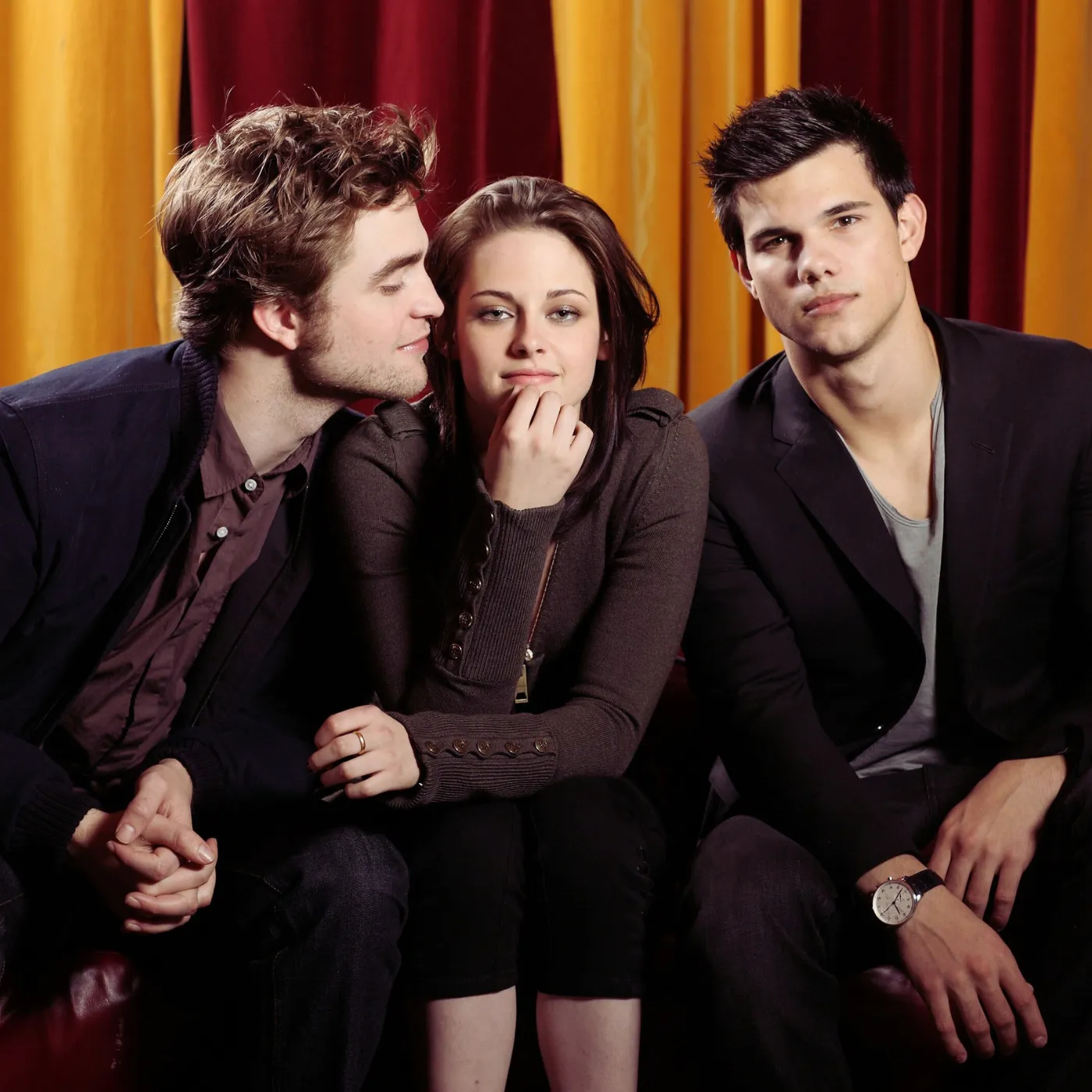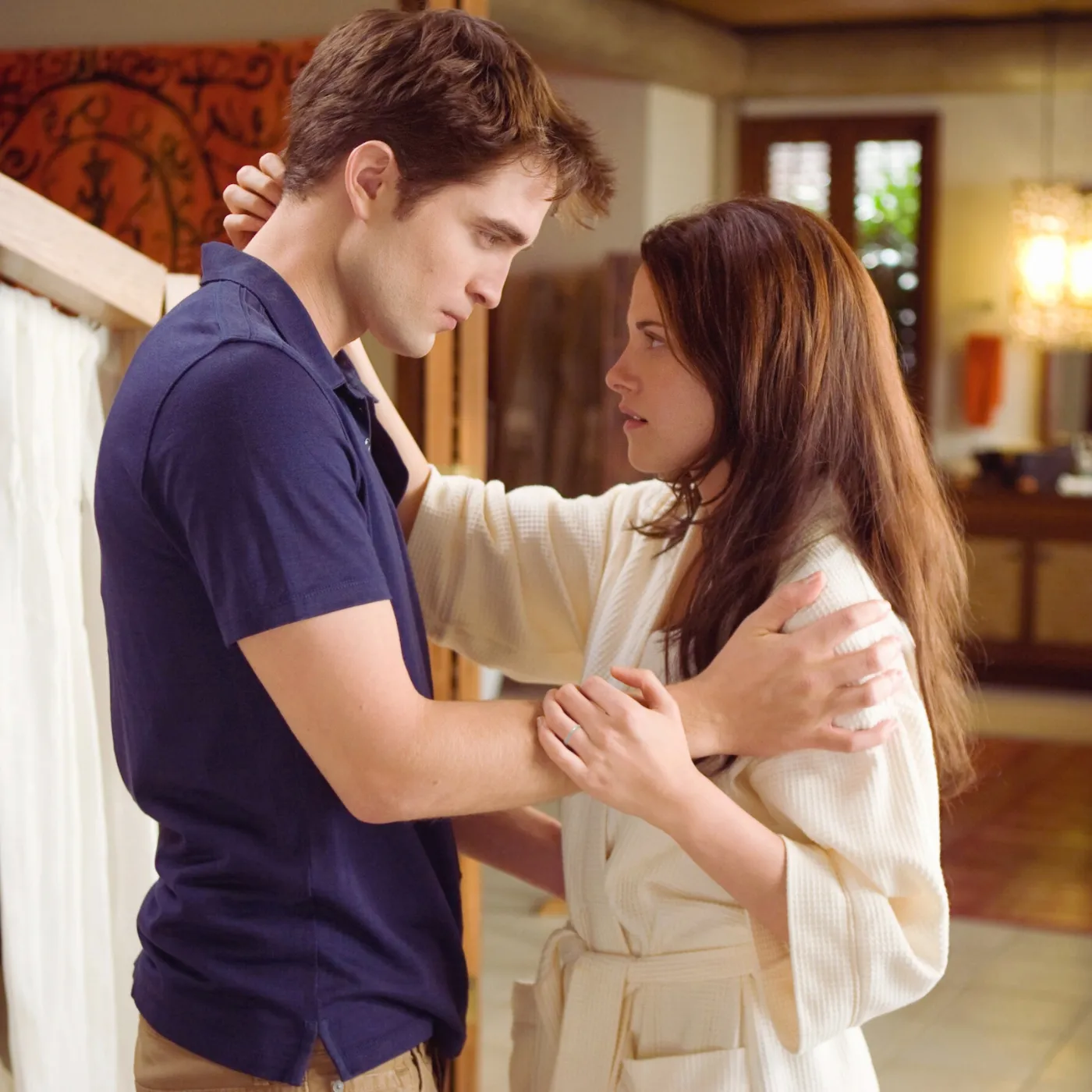

Twilight’s Rotten Core: Robert Pattinson’s Worst Movies Exposed
When Twilight first hit theaters in 2008, no one—not even the most hopeful studio executive—could have predicted the cultural tsunami it would become. With Robert Pattinson and Kristen Stewart at the center of its teen-angst-fueled storm, the franchise built from Stephenie Meyer’s best-selling novels quickly raked in billions. Fans screamed. Lines wrapped around theaters. Merchandise flooded the market. And yet, beneath the glittering success, something curdled: the critics hated it.

Not disliked. Not mildly impressed. Hated.
So, what happened? Why did a franchise that launched a global phenomenon also earn a reputation as one of the most critically panned blockbuster series of the 21st century? And more importantly, why are we still talking about it?
The Rotten Scorecard: Numbers Don’t Lie
Start with the facts. Of all five Twilight Saga films, only one—Breaking Dawn Part 2—holds a “fresh” rating on Rotten Tomatoes, and even that barely squeaks by. The others? Hovering in the 20%-40% range. For context, that’s the same neighborhood as failed reboots and box office flops.
The first film, 2008’s Twilight, was described by critics as “awkward,” “painfully slow,” and “narratively thin.” By the time New Moon and Eclipse hit, reviewers weren’t pulling punches. They slammed the franchise for its “wooden dialogue,” “emo brooding,” and “creepy relationship dynamics.” Even at the height of its popularity, the critical disdain was loud—and consistent.
Pattinson’s Silent Rebellion
It’s no secret that Robert Pattinson had a complicated relationship with Twilight. In interviews, his discomfort was visible. He joked about the scripts, rolled his eyes at fan reactions, and subtly distanced himself from Edward Cullen—the sparkling vampire heartthrob he portrayed for five films.
Ironically, it was Pattinson’s post-Twilight career that confirmed what many insiders suspected: this guy could act. His performances in Good Time, The Lighthouse, and Tenet earned serious praise, while his turn as Batman in Matt Reeves’ dark, grounded reboot proved he had the range and edge Hollywood had overlooked.
So why didn’t Twilight let him shine? Because the franchise didn’t demand it.
A Franchise Built on Fantasy, Not Filmmaking
The Twilight Saga wasn’t designed to impress critics. It was built to tap into a very specific emotional ecosystem: the teenage girl fantasy. That meant obsessive love, melodrama, eternal devotion, and an overwhelming sense of longing. Plot holes didn’t matter. Pacing was secondary. What mattered was vampire romance, supernatural tension, and emotional extremes.
This formula worked—for fans. But for critics trained to look for narrative coherence, character development, and thematic weight, it felt like a hollow shell. A sparkly one, but hollow nonetheless.
The Bella Problem
One of the harshest points of criticism was the portrayal of Bella Swan, played by Kristen Stewart. Critics called her “passive,” “unrealistic,” and even “anti-feminist.” While fans saw her as a relatable introvert, reviewers labeled her a problematic role model who seemed to exist solely in relation to the men around her.
In particular, the central romance—between Bella and Edward—was criticized for promoting toxic ideals. A 100-year-old vampire obsessed with a teenage girl? Who watches her sleep and controls her social interactions? Critics weren’t buying the “eternal love” angle.

Fan Power vs. Critical Disdain
Here’s where it gets interesting. While critics torched the films, fans only doubled down. The louder the negativity, the stronger the defense. Online forums exploded. Tumblr pages flourished. Twitter threads went viral. Team Edward and Team Jacob became tribal battlegrounds.
This cultural tug-of-war created a feedback loop. Critics mocked the franchise. Fans clapped back. And in the middle of it all, the box office thrived. Each new installment made hundreds of millions worldwide.
So who really won?
The Reappraisal Era
Fifteen years later, the tides are shifting. Younger critics—many of whom were teens during Twilight’s peak—are revisiting the franchise. There’s still criticism, but also a sense of nostalgia. Some even argue that the films deserve credit for how uniquely weird they were.
Because let’s be honest: Twilight was weird. The pacing. The blue tint. The baseball scene. The vampire glitter. The robotic dialogue. It was all strangely compelling, like watching a dream unfold in slow motion.
In an era now obsessed with sanitized superhero stories and recycled IP, Twilight’s awkward sincerity feels… kind of refreshing?
Hollywood’s Double Standard
It’s impossible to ignore the role of gender in Twilight’s critical backlash. Compare the franchise to male-dominated blockbusters—like the Transformers series—which also got terrible reviews but never seemed to inspire the same level of vitriol.
Why? Because Twilight was seen as “for girls.” And Hollywood, for all its evolution, still struggles to take female-centered stories seriously unless they’re prestige dramas.
This double standard helped cement the idea that Twilight was silly, shallow, and unworthy of critical respect—even as it dominated the cultural conversation.
What It Means for Pattinson
Today, Robert Pattinson is one of the most respected—and unpredictable—actors working in Hollywood. His ability to disappear into roles, embrace risk, and avoid the typical A-list playbook makes him a fascinating figure.
But the ghost of Edward Cullen still lingers. Anytime his name trends online, there’s someone quoting Twilight. Anytime he promotes a new film, journalists bring it up.
And maybe that’s the ultimate irony: the franchise that nearly derailed his credibility is also the one that made him untouchable. Because he survived it.
Final Verdict: Was the Hate Deserved?
The easy answer is yes. Twilight was flawed—deeply so. It lacked polish. It indulged in tropes. It treated pacing like an afterthought. It gave us a protagonist who mumbled her way through five films and a romance that raised ethical eyebrows.
But the full answer is more complicated. Twilight was also bold in its weirdness. It was honest in its emotional pitch. It captured something raw and unfiltered about adolescent desire—and did it without apology.
Maybe the real problem wasn’t the franchise itself. Maybe it was the industry that didn’t know what to do with a story that wasn’t about saving the world but simply about wanting someone so badly it hurt.
That’s not high art. But it’s not worthless either.
And the fact that we’re still dissecting its legacy in 2025 says more than any Rotten Tomatoes score ever could.

Looking Ahead
With rumors swirling about a Twilight TV reboot, it’s clear the franchise isn’t done with us yet. Whether that future includes Robert Pattinson remains to be seen. (Spoiler: it won’t.) But his shadow looms large.
The sparkly vampire we loved to mock may have finally earned the last laugh.
Because in the end, Twilight wasn’t for the critics.
It was for us.
And we never stopped watching.


















